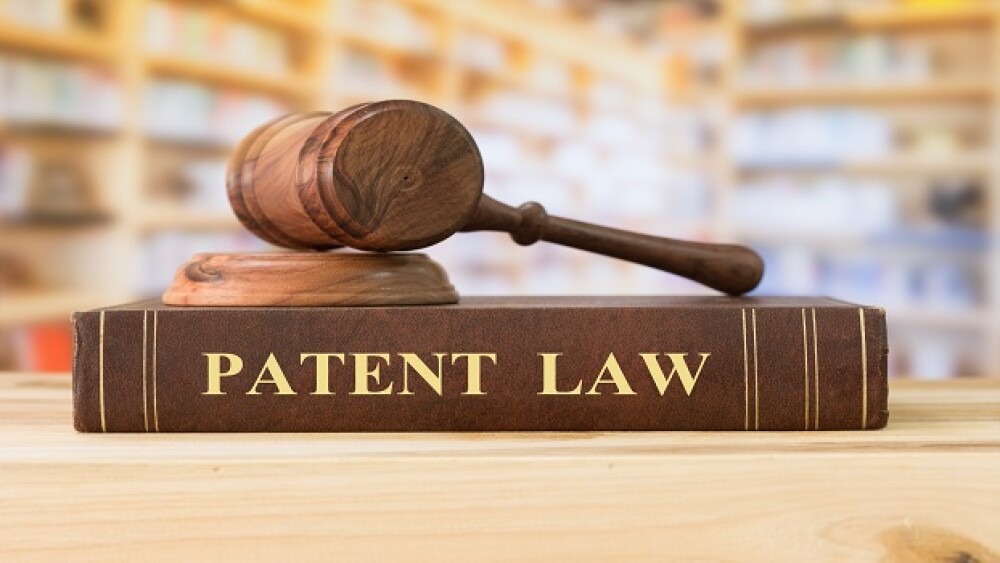A nonprofit organization, Knowledge Ecology International (KEI), recently filed a lawsuit against the National Institutes of Health (NIH) over Gilead Sciences’ patents for a new chimeric antigen receptor T-cell (CAR-T) therapy.
A nonprofit organization, Knowledge Ecology International (KEI), recently filed a lawsuit against the National Institutes of Health (NIH) over Gilead Sciences’ patents for a new chimeric antigen receptor T-cell (CAR-T) therapy.
KEI calls itself a “not for profit non government organization that searches for better outcomes, including new solutions, to the management of knowledge resources. KEI is focused on social justice, particularly for the most vulnerable populations, including low-income persons and marginalized groups.”
On March 14, 2018, KEI requested that the Secretary of the Department of Health and Human Services (HHS) investigate Gilead’s failure to report NIH funding for U.S. Patent No. 7,964,580, for Gilead’s sofosbuvir-based hepatitis C drugs.
Attorneys with Pepper Hamilton LLP, writing for Lexology, say, “If HHS finds a failure to disclose NIH funding in the patent, KEI has further requested that the government take ownership of the patent based on the BDA’s reporting and disclosure provisions. Gilead, therefore, could be forced to forfeit its title to the patents—a boon for patients and insurance companies, and a bust for Gilead. Of course, with billions at stake, Gilead is likely to defend itself aggressively.”
The BDA referred to is the Bayh-Dole Act, which, according to Pepper Hamilton, “imposes affirmative duties on funding recipients to (1) report the development of ‘subject inventions,’ (2) formally elect to retain title to such inventions, and (3) file for patent protection of those inventions. When recipients file patent application(s), they are obligated to disclose whether their invention was federally funded. Virtually all NIH R&D grants and contracts include these obligations, and overlooking them can have disastrous consequences.”
Then, on April 19, which is the most recent story, KEI is going after Gilead again, this time over one of its immuno-oncology products. KEI states, “Note also that last year Gilead paid $11.9 billion to buy Kite Pharma, whose main assets were CD19-directed genetically modified autologous T-cell immunotherapy patents licensed from the NIH, and Celgene recently spent $9 billion to buy Juno Therapeutics, whose main assets were also CAR-T technologies also invented on NIH grants. In the current case the NIH is giving Gilead an exclusive license on CD30-directed genetically modified autologous T-cell immunotherapy patents, on the cheap, with no requirements on pricing or access.”
What KEI seems to want to do is wrest control of the patents away from Gilead, and return them to the NIH, where, presumably, they will dramatically cut the price of the drugs and make them more widely available to the American public.
Pepper Hamilton writes, “The new Gilead controversy is an important reminder that inventions resulting from federal R&D funding have significant strings attached. Many recipients assume, without confirming, that they are compliant. That high-risk assumption carries with it the very real prospect that the company could later be stripped of its patent ownership and suffer a host of associated legal and business setbacks.”
KEI is not the only nonprofit organization to make these types of lawsuits. In February 2018, a federal judge in Delaware reversed a previous jury verdict regarding Gilead’s sofosbuvir-based drugs. The jury verdict was for $2.54 billion and the patent infringement was with Idenix Pharmaceuticals, a subsidiary of Merck. The nonprofit group, Initiatives for Medicines, Access & Knowledge, filed petitions with the U.S. Patent Trial and Appeal Board challenging Gilead’s Orange Book-listed patents for Sovaldi.
At the very least, it suggests that Gilead’s intellectual property attorneys need to do a better job of filing their paperwork regarding the patents.
And it’s not the first time the NIH has had the possibility of recovering patents because of noncompliance with the BDA requirements. In 2004, in Campbell Plastics v. Brownlee, 389 F.3d 1243, the Court of Appeals for the Federal Circuit, found that the federal contractor did not disclose the “subject invention” within the required two-month timeframe.
Lexology writes, “Campbell Plastics did not disclose its patent application to the U.S. Army until after the patent was issued and long after the specified time periods had passed. After learning of the patent, the Army determined that Campbell Plastics had forfeited title to the patent by failing to elect title using the forms and timing the contract specified. The Federal Circuit upheld the decision, and the contractor forfeited the patent. The Campbell outcome cost the company dearly, and the potential for loss in Gilead’s case is much larger.”





